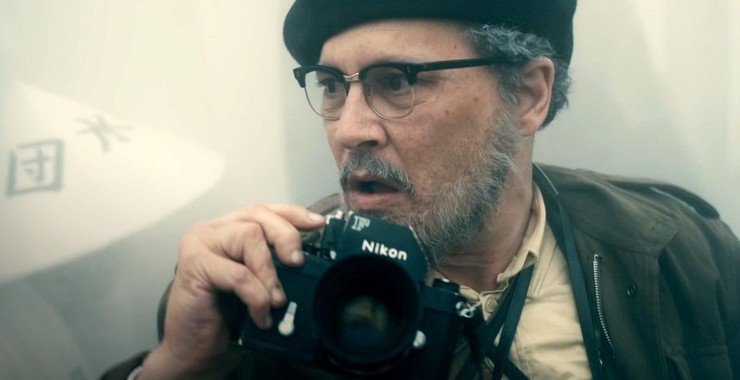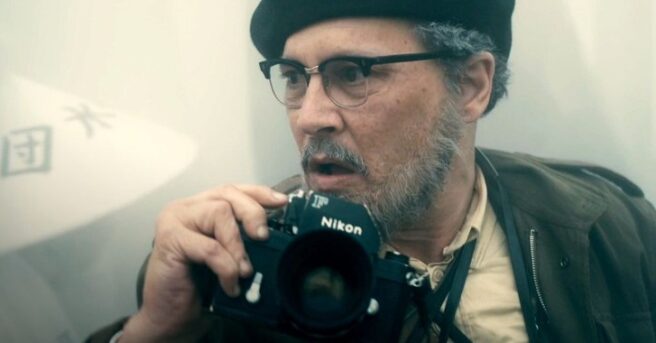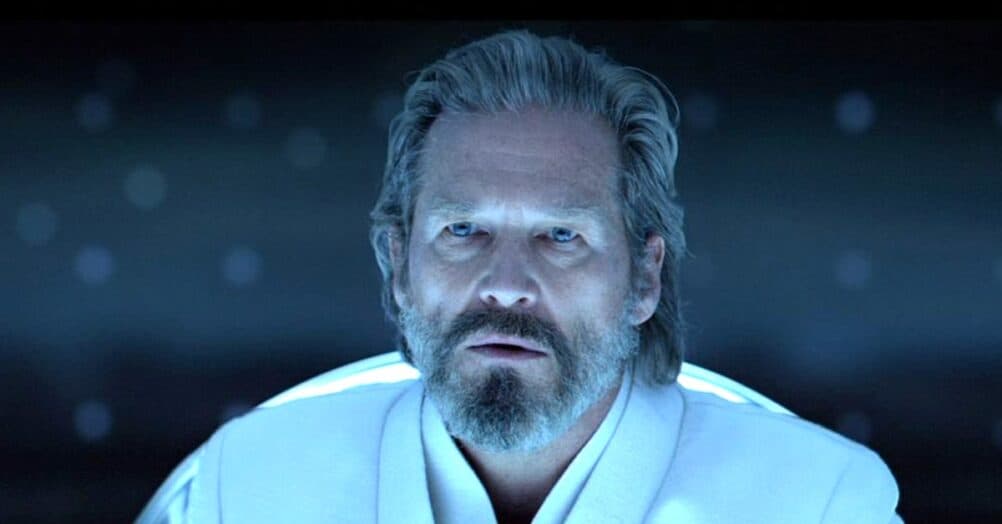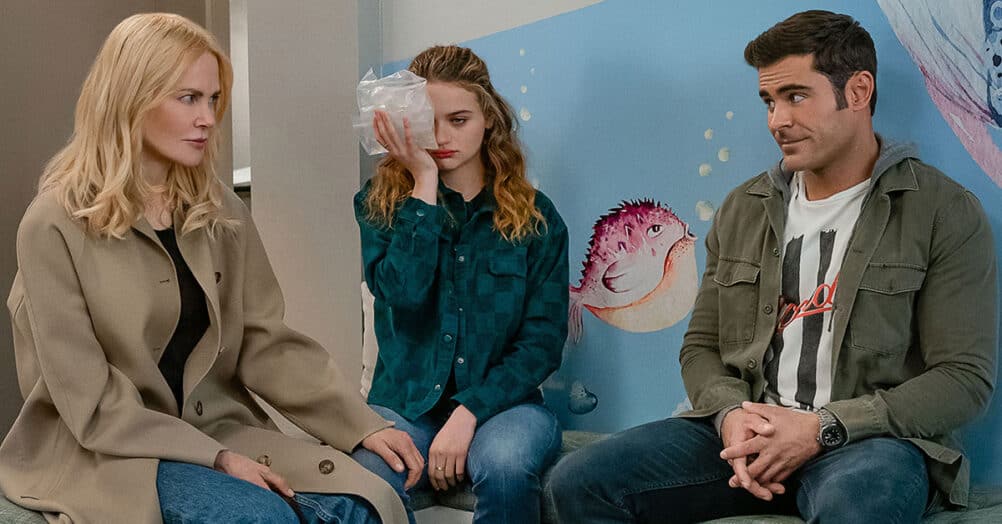Plot: War photographer W. Eugene Smith travels back to Japan where he documents the devastating effect of mercury poisoning in coastal communities.
Review: So many films over the course of Johnny Depp’s career have been reliant on his chameleon-like ability to transform himself physically into another person. From over-the-top collaborations with Tim Burton to his acclaimed turns in Black Mass and Pirates of the Caribbean, Depp has rarely just acted without the need for costumes, prosthetics, or accents. Minamata is a challenging story about a tragedy that is as impactful now as ever and showcases Johnny Depp’s most subdued performance in decades. While the film itself has some weak points, Depp’s presence makes for an engaging and difficult cinematic experience.

Opening in 1971, Minamata introduces us to W. Eugene Smith, one of the most acclaimed photojournalists of all time. Struggling with a lack of income, waning interest in his craft, and a developing dependence on alcohol, Smith crosses paths with translator Aileen (Minami) who implores Smith to look into the horrendous impacts of corporations dumping chemicals into the waters of Minamata, Japan. Convincing Life editor Robert Hayes (Bill Nighy), Smith heads to Japan where he witnesses the devastating impacts of mercury poisoning on the residents of the seaside town. When he arrives, the story struggles with the culture shock and language barrier, sometimes venturing for laughs when there shouldn’t be any levity.
At the halfway mark, Minamata finally hits its stride as Smith’s actual photographs are brought to life via the predominantly Japanese cast. Led by Akiko Iwase, Tadanobu Asano, Ryo Kase, Jun Kunimura, and Hiroyuki Sanada, this cast holds their own opposite Depp and Minami. The visual shift between the contemporary scenes of the story coupled with black and white film and still images blends history with the cinematic and lends the movie a horror element in seeing the disfigured and incapacitated victims of mercury poisoning. It is hard to watch and maybe a challenge for anyone to sit through, but it is handled with respect.
While it does serve as something of a biopic for W. Eugene Smith, Minamata works better as an ode to not only the events on the Japanese coast and the victims of Chisso’s chemical dumping but a look inside how Smith captured volumes within static images. David Kessler’s screenplay is strong but the direction of filmmaker Andrew Levitas struggles to keep momentum through the entire tale. As beautifully somber as cinematographer Benoit Delhomme makes this movie, the editing by Nathan Nugent creates very uneven pacing that draws away from the power of this story. A lot of this is saved by the wonderful score by Ryuichi Sakamoto that is elegiac and a perfect match for the visual tone of the film.
Minamata was filmed back in 2019 and debuted at the Berlin International Film Festival in February 2020. When the COVID-19 pandemic began, the film was delayed and again further postponements followed the publicized legal battles between Depp and his ex-wife, Amber Heard. At the end of 2021, Samuel Goldwyn Films acquired the rights from MGM who are now releasing the movie in theaters followed by a streaming debut. Minamata should not be judged in any way as a lesser film because of these delays which were completely out of the control of the creative team led by director Andrew Levitas. While it will certainly be impossible for many to judge this movie outside of the context of Johnny Depp’s real-life legal situation, it is a movie that deserves to be seen.

Minamata often struggles with the line between a redemption story and being a white savior cliche. This is a truly affecting tale about the impact that progress and profit can have on the well-being of average people. It is also a unique look at an artist and how his outlook and craft could be fundamentally changed by witnessing atrocities. Minamata would have worked a lot better as a documentary rather than a narrative film, Andrew Levitas deserves kudos for bringing this story to life. While it is a bit overlong at just under two hours, Johnny Depp’s performance makes this worth checking out.




















Follow the JOBLO MOVIE NETWORK
Follow us on YOUTUBE
Follow ARROW IN THE HEAD
Follow AITH on YOUTUBE